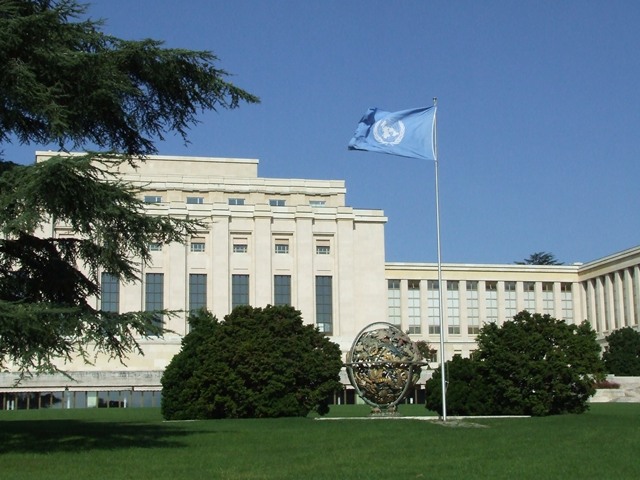UN Unveils Policy to Boost Value Chain Transparency
In response to a growing demand for policy action that ensures the integrity of both product sustainability claims and corporate sustainability disclosures, the 31st United Nations Centre for Trade Facilitation and Electronic Business (UN/CEFACT) Plenary adopted last week Recommendation No. 49: Transparency at Scale – Fostering Sustainable Value Chains.
This was a key outcome of a successful Plenary session which gathered over 100 delegates and experts from 28 member States, and international organizations such as WCO and ITU, to discuss policy and strategic directions for advancing the work of UN/CEFACT on digital connectivity and sustainable value chains management.
Recommendation No. 49 aims to achieve transparency at scale by making sustainability information – that is reliable, traceable and verifiable – accessible across borders, industries, and value chain stages. It encourages the development of national policies aligned with risk-based due diligence, supported by practical tools, trusted government services (e.g., certification), and broad stakeholder engagement. By helping to reduce disclosure and compliance costs, it is expected to support a more level playing field for SMEs and countries at lower levels of development.
Expected benefits include improved verifiability of sustainability claims, greater reporting efficiency, enhanced data sovereignty for businesses and increased consumer trust. In the longer term, by promoting harmonized data exchange and transparent value chains, the recommendation’s implementation will contribute to sustainable trade and economic development.
The recommendation was developed as part of the UN/CEFACT project “Transparency at scale – Digital solutions for trust, resilience and sustainability,” launched in May 2023. This initiative also contributes to UNECE’s cross-cutting themes focusing on advancing the circular and digital transformations for sustainable development, thus advancing national efforts to implement Sustainable Development Goal 12 on sustainable consumption and production, through traceability in value chains.
UNECE-hosted UN/CEFACT is a leading a Geneva-based convening platform for shaping the norms of global digital trade. The adoption of Recommendation No. 49 represents the pinnacle of its efforts to establish a means by which to share critical information across global supply chains in a manner that is accessible to all.
Underpinned by UN/CEFACT’s norms and data exchange standards, such as the UN/CCL, UN/EDIFACT, and UN/LOCODE, Recommendation No. 49 will support the development of Digital Product Passports (DPPs), as it provides the policy and data governance foundation for interoperable DPPs by promoting verifiable, machine-readable ESG data aligned with international standards.
To operationalize Recommendation No. 49, UNECE is developing as a supporting instrument the United Nations Transparency Protocol (UNTP), a decentralized, open, and technology-neutral protocol that allows companies, certifiers, and regulators to exchange Environmental, Social and Governance (ESG) data securely and verifiably. As UN/CEFACT is one among the key players in the global DPP standardization, its work on UNTP is based on partnerships with all relevant actors worldwide.
Image credit: Myimages/stock.adobe.com (generated with AI)
https://unece.org/media/press/404614
View Original | AusPol.co Disclaimer
